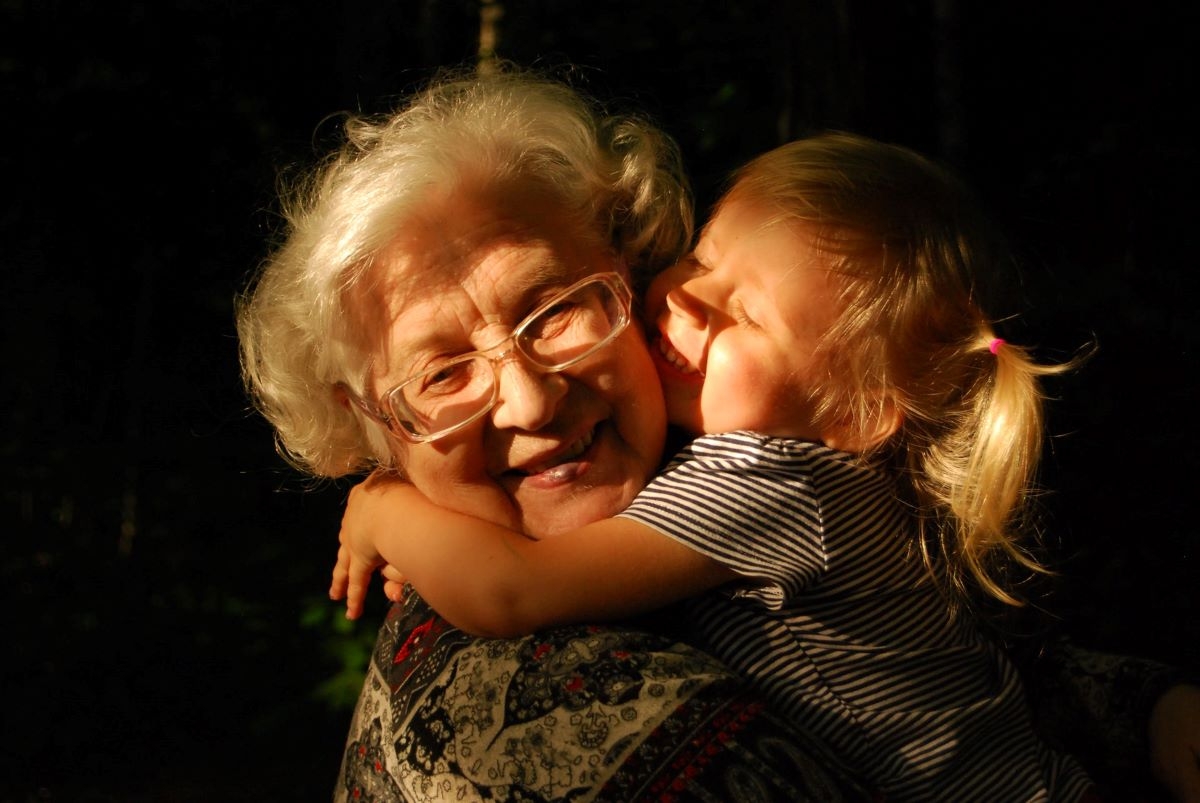
PR is Changing; Jennifer Stewart Will Help You Stay Ahead of the Curve
Photo by Valerie Keeler, Valberg Imaging.
In the midst of a rapidly changing media environment, it can be increasingly difficult for companies and organizations to connect with the media in an impactful, successful way.
 Jennifer Stewart, an Ottawa-based entrepreneur and communications expert, hopes to help organizations solve those issues by taking an innovative approach to the media. As both president and CEO of public relations firm Syntax Strategic and a 2015 Women’s Business Network Entrepreneur of the Year finalist, she is expanding her organization’s training arm by offering an upcoming program for media professionals.
Jennifer Stewart, an Ottawa-based entrepreneur and communications expert, hopes to help organizations solve those issues by taking an innovative approach to the media. As both president and CEO of public relations firm Syntax Strategic and a 2015 Women’s Business Network Entrepreneur of the Year finalist, she is expanding her organization’s training arm by offering an upcoming program for media professionals.
We sat down with Stewart to discuss the current media environment from a communications perspective and where organizations can improve their media relations skills.
Ottawa Life (OLM): How has public relations changed in the past five to 10 years?
Jennifer Stewart (JS): Right now, there’s more digital integration and ways to reach your target audience than ever before, whether through social media or online advertising. Oftentimes organizations see the Internet as the perfect place to send their press release off through as many channels as possible, but it’s integral to be strategic in your placement and outreach. What it still comes down to is having a firm understanding of your audience and maintaining positive relationships.
OLM: What is a media relations mistake that organizations continue to make?
JS: Press releases are superb to promote your organization, but don’t over-promote yourself by sending them to every media outlet in the country. It’s an incredibly competitive market and journalists want exclusivity to some extent. This pitching stage is where public relations firms come in to handle selective, customized pitching to ensure a greater chance of media pick-up. Companies can also damage their PR efforts by being too short sighted, or just after that one big media hit from the get go. You need to build your profile and sustain it in the media to remain credible and enhance your brand.
OLM: How have journalists changed and how does this affect media relations?
JS: There are more freelance journalists than in previous decades, and they may be working with multiple outlets at once. People wear many different hats and sometimes a majority of contributors to outlets are freelancers. Due to that, organizations need to do research to grasp what specific journalists are writing stories about and pitch from there. Freelance writers may also be active on Twitter and prefer to be contacted directly through that medium. It’s all about research.
OLM: How important is it for organizations to have a crisis communications plan in place?
JS: Maintaining an updated, detailed crisis communications plan is not just valuable, it’s imperative. With our 24/7 news cycle and social media, news travels at lightning speeds and reputations can be shattered in mere minutes. When you have a plan, you’re able to react quickly and efficiently, which is vital in today’s environment where news goes public minutes after it happens, not in tomorrow’s newspaper. Your reputation and brand are at stake, so don’t take that lightly.
Jennifer Stewart’s new training program, ‘Making Sense of the New Media: Intensive Media Relations Training’ will be held Oct. 16, 2015 in Ottawa. For more information and to purchase tickets, please visit the event site.








